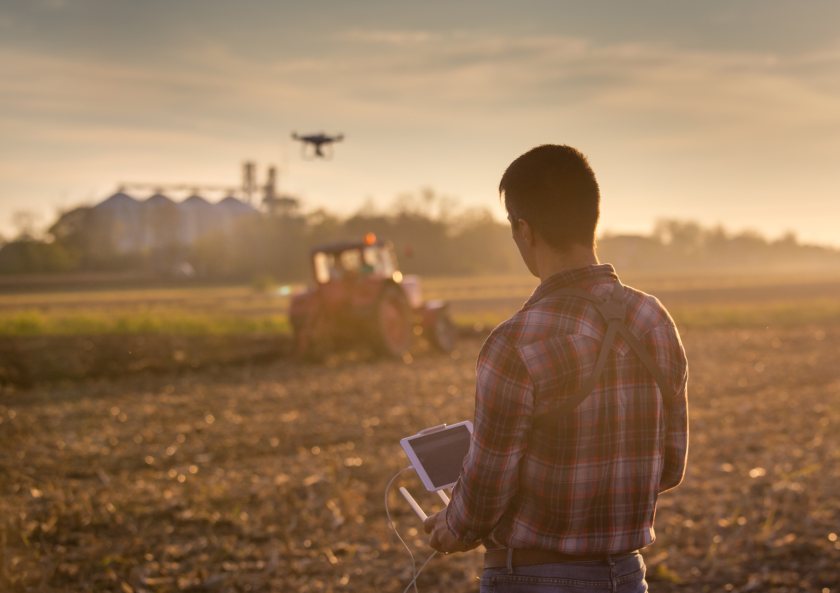
A new report reveals the challenges that farmers want researchers to prioritise solving, including the impact of artificial intelligence on the industry.
The impact on farming on methane, carbon sequestration, regenerative systems, financing, and antimicrobial resistance, are some other issues noted by farmers.
The report, released today following its last review in 2013, draws on conversations with almost 100 farmers and growers during a series of workshops.
It shows that while some research priorities such as soil health and disease control have stayed consistent since 2013, a whole wave of new themes have now risen to the fore.
Prof Tom MacMillan, director of the Centre for Effective Innovation in Agriculture at the Royal Agricultural University, which led the work, said many farmers supported 'bold, transformative innovation'.
He said: “They paint a picture of an industry with its finger on the pulse, very engaged with latest ideas and technologies, from AI to agroforestry, yet also profoundly practical.”
The report, which was also launched by the NFU and Innovate UK, reveals the challenges that farmers and growers want agricultural researchers to look at further.
Participants at the workshops, which were organised over the last year by six farming and research organisations, shared 797 challenges and needs.
Some of the research priorities that have stayed consistent since 2013 reflect perennial issues that will likely remain ongoing, even as the details and terms used evolve.
However, other persistent challenges, such as increasing homegrown feed and ensuring digital tools are interoperable, might be seen as solvable problems where more progress is still needed.
Professor MacMillan said: “Ambitious and practical are sometimes seen as opposites, but I think the message for the research community is that we can, and should, aim for science that is both.”
The report also found that farmer research priorities aligned well with the strategic priorities of funders, particularly around sustainable agricultural systems.
NFU vice president Rachel Hallos said the academic community had an important role to help farmers and growers overcome many of the challenges they faced.
“Leveraging more investment from private sector and achieving maximum impact from research spending are both key to achieving this," she added.
“This report has the potential to help inform future science policy and funding strategies. Importantly, it also leads by example with a real focus on collaboration with end users.
"Next there needs to be a plan to provide all farmers and growers with easy access to the best evidence, which is crucial to helping them improve decision-making on farms."
